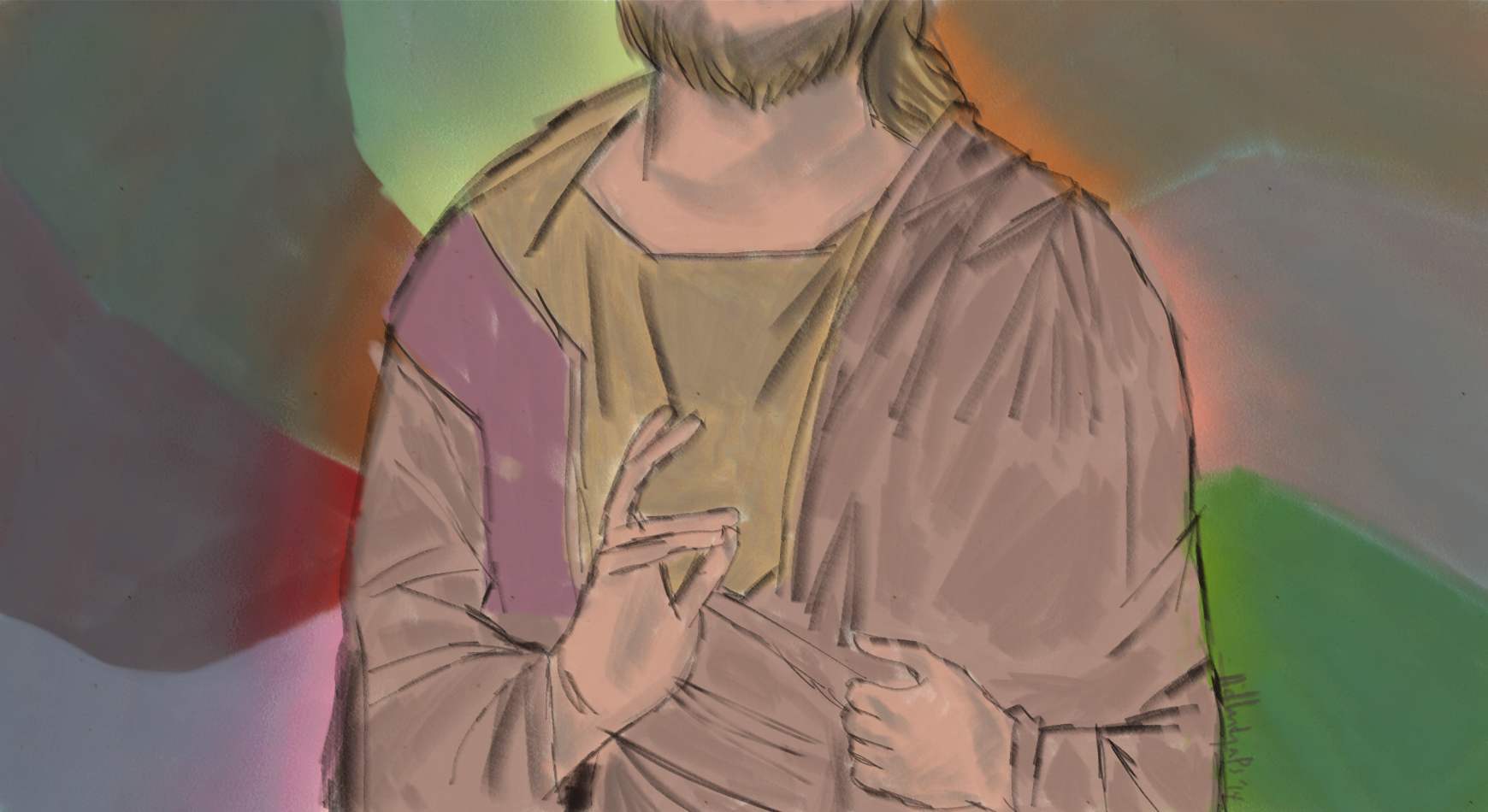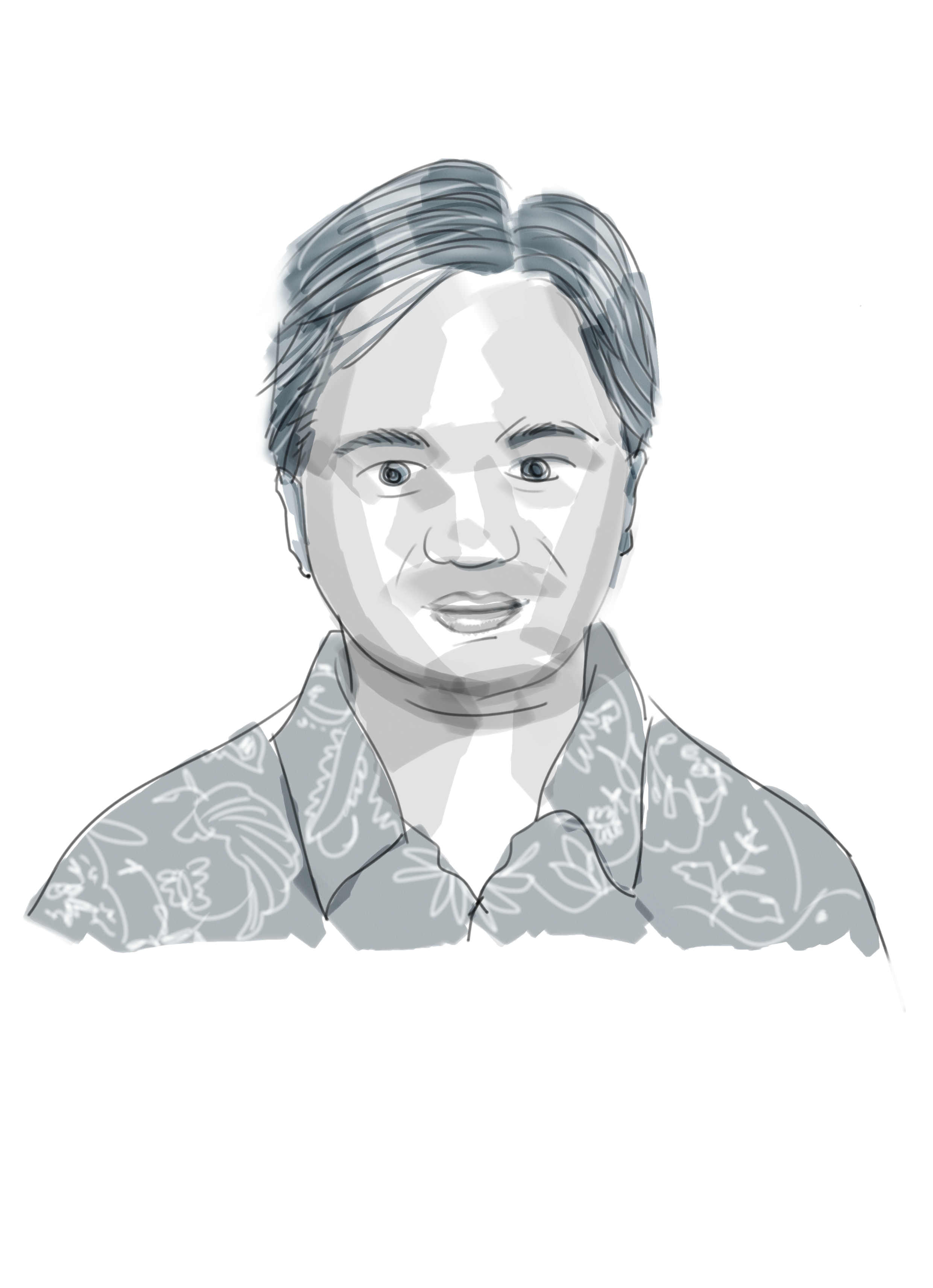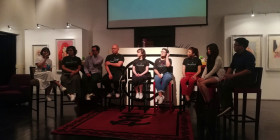In an Introduction to American Politics class back in 2004, my tutorial group was discussing the influence of Evangelical Christianity in George W. Bush’s foreign policy. The Australian students, all coming from Christian backgrounds, could not imagine the difference between Evangelical Christianity and their parents’ Protestantism, Catholicism, or Orthodoxies. Someone pointed out the Hillsong Church and finally everyone got the idea.
I knew well what Evangelical Christianity is. I lived in a student accommodation owned by a Malaysian church, and was regularly invited to join students’ functions, whether it’s study group or apartment party. Sounds innocent, and I knew some Muslim students happily came along, but I knew as a Catholic Indonesian, I was a target for conversion.
Not long after that class, I accompanied my best friend to an Indonesian Evangelical service, since she owed favor to someone from that church. For me the service was oppressing. It was about three hours long, with uplifting pop rock songs intertwined with Bible reading, electrified preachers, and jokes demeaning Muslims. One preacher asked us to manipulate students recently arriving from Indonesia to befriend them, and then taking them to Jesus.
I was asked to fill a form asking personal information, and I wrote false contact details. Then the congregation were asked to ask each other, “Do you believe if you die today, you’ll be with Jesus?” Hesitated people would be taken to the front, where preachers would “pray” for them, and they would lose consciousness. I’m still shivering thinking what would happen then.
After the service was over, my friend and I walked out tensely, fearing that someone would call us at the last step. We went to a Catholic church afterward, and there we felt so relaxed. The anonymity. The personal space. The respect for other culture. The mass was over before one hour.
You might have heard of “Born-Again Christians”, “Megachurch”, and “Mall church”. Those are popular descriptions for Evangelical Christianity. Followers believe they were spiritually reborn. The church uses modern auditoriums and regularly hosts more than 2,000 people a weekend. In Indonesia, many of those churches are located on the upper floor of malls, and use English or quasi-Hebrew names.
What’s the difference between Evangelical Christianity and Protestant Christianity? In most cases, Protestant churches in Indonesia are members of Persekutuan Gereja Indonesia (PGI), while Evangelical churches are not. In the West, many Protestant churches are embracing liberal values such as environmentalism, support for immigrants and the gay communities, and promoting social justice. On the other hand, many Evangelical churches are doing the opposite: denying climate change, condemning feminism, and praising big business for championing hard work and personal responsibility.
Evangelical Christians, however, identify themselves as Protestant Christians, and see little difference between themselves and other Protestants. These days they are friendlier toward Catholics, as they have found common ground against abortion and homosexuality, and both sides have seen people converting to each other’s churches. There are also left-wing Evangelical Christians, but they are hard to find even in the West, despite the legacies of Martin Luther King Jr. and Jimmy Carter.
The rise of Evangelical Christians in Indonesia mirrors the rise of conservative Islam: The middle class became more religious following Reformasi and 11th September 2001, and incorporate religious identities in their social media accounts, book shelves, and business practice. The majority of Indonesian Evangelical Christians are Chinese-Indonesians, and the church offer business and social networks, solution to personal and group anxieties, and pride and power. Many churches here are connected to Chinese-majority churches in Singapore and Malaysia, as well as white-majority churches in the United States.
Evangelical churches in Indonesia share the Chinese values of Singaporean churches, as well as the Anglo-Saxon values of American churches. Patriarchy and group conformity. Homophobia (gender non-conformists are tolerated as long they don’t come out), nuclear family, and opposition to social justice and diversity. It is no surprise that most ethnic Chinese tycoons in Southeast Asia are Evangelical Christians, and so are industrialists in South Korea.
When the Trump administration announced that United States would move its embassy to Jerusalem, in effect acknowledging Israel’s claim that Jerusalem is its capital city, I immediately knew what was up. This isn’t about Israel. This is not caused by “Jewish lobby”. In fact, Jewish American groups were divided over the decision, and the majority of Jewish Americans did not vote for him.
For decades Evangelical Christians have wanted Jerusalem. In high school an Evangelical friend invited me to “watch a movie about Jerusalem”. The documentary argues that Christians – through Israel - must control the Temple Mount, known to Muslims as Haram esh-Sarif, and the “Third Temple” must be built there. Then the Armageddon will come, and Jesus will return. The Jews will convert to Christianity or perish.
If you were unfortunate enough to watch Nicolas Cage’s Left Behind movie, you get the idea. The movie was based on best-selling novel series, where American Christians face the evil United Nations at the end of times. Like the Islamic State believed that they would reach the Holy Land and trigger the apocalypse, so do Evangelical Christians believe that Trump is starting the happy end of the world, and the UN predictably protests because it’s controlled by the Antichrist. True Christians will be spirited to heaven like the two-percenter of The Leftovers. All the political implications are irrelevant here, and the protesting voices of Christian Palestinians go unheard – only the aspiration of American Christians matter.
I never got along with Evangelical Christians. It was due to political and religious differences. Now it’s worse – it’s about gleefully threatening world peace from the comfort of affluent suburbia and city apartments. In United States, it’s about knowingly defending a pedophile because he’s “on Christians’ side”.
I understand the human need for faith and community. But from what I’ve seen, Evangelical Christianity is encouraging culture of domestic abuse and manipulation – you can see testimonies from ex-evangelicals through #YouDontKnowEvangelicals on Twitter. You can be a good Christian by joining a mainstream church. The megachurch is a dead end; it is not what Jesus would’ve wanted.
Find out how the #metoo movement fares outside the United States and follow @MarioRustan on Twitter.









Comments